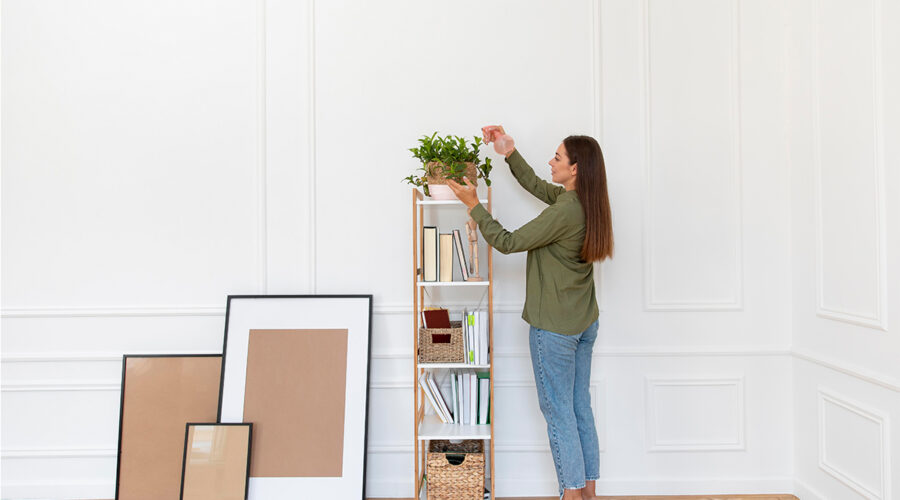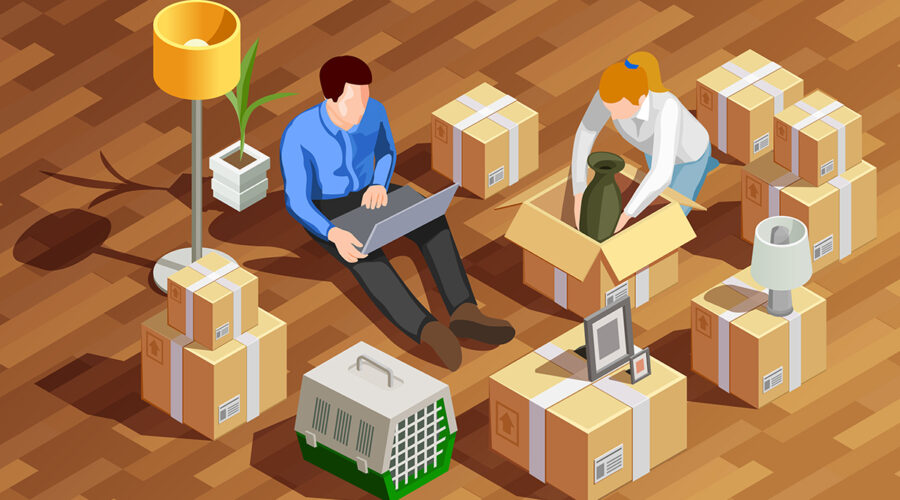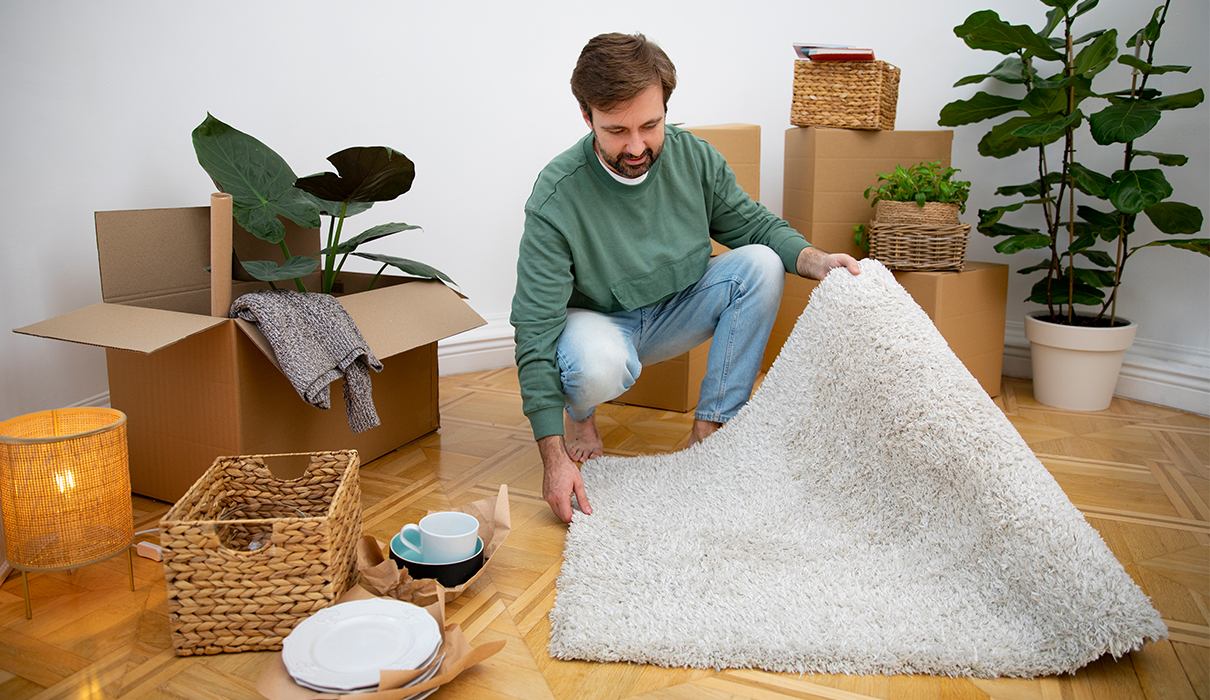Did you ever think about how easily we can become reliant on materialistic items to be happy? Friendships, laughs, experiences, love, dreams, and so much more are things that you cannot buy in a store! We cannot maintain a sustainable future and world if we do not reduce our “need” for new jeans when we already have five pairs at home and reduce our want for the latest Apple product. By buying less, you conserve precious resources rather than consuming them!
The relationship between happiness and material possessions
It is human nature to love to purchase and purchase. No matter what it is: clothes, devices, ornaments, etc. Our world is materialistic, and we often associate moments of happiness with buying items that we do not need.We feel controlled by what we buy, which causes stress, anxiety, and ultimately a loss of money.Financial security has become an important factor in achieving happiness. In the end, a simple life encourages greater freedom and fewer worries, resulting in greater happiness. Make sure that you focus on long-term goals and live with fewer possessions before you are cluttered with stuff.
Become less reliant on purchasing
Upcycling is a great idea! It is not just about bottles and cans, but also getting creative with what you use, “Upcycle is the new recycle”. Support your local economy! By shopping at farmer’s markets for gifts and food, we can reduce the degrading environmental impact caused by resources and energy used to transport and manufacture an item. You will reduce your belongings and encourage donating the items you no longer need or do not have room for by downsizing, if possible. Consider purchasing used before buying new. It does not matter if you are buying clothes from the thrift store, or buying a used car.
You can reduce the amount of "things" you own by following these steps
People often measure their success in life by the things they own. The pursuit of always having the best of everything leads many people to lose sight of what is most important – enjoying what they have. In truth, many people are more likely to be frustrated by getting all of the things they think they want than they are to be helped. Perhaps it is better to think twice before grabbing the next big thing rather than always going for it.
- Take an inventory of your possessions, and see how many you needed and how many you just wanted.
- Limit the purchases you make to fulfill a desire.
- Before you purchase an item, check to see if it will bring you long-term happiness, or if it will just give you temporary satisfaction. By doing so, your mind will learn to think about the impact of your purchases.
- Owning too many things can seem overwhelming at first, but there is research that shows that when people release their possessions, they feel a sense of relief, which contributes to a simpler life.


Reduce the number of items you buy by reducing your spending
Materialistic societies negatively affect the environment on many levels. The environmental cost of manufacturing each item also includes the human labor, water, and fossil fuels required to transport and make it. You can reduce overconsumption and help the environment by adapting to a more minimalist lifestyle by shifting your thinking before you buy You can benefit from decluttering your possessions on a personal level by removing too much clutter, including:
- Becoming more conscious of how you spend your money
- Saving money! An essential skill.
- The more minimalistic your life, the happier you will be.
- Utilize everything you have to the fullest
Don’t start to regret what you’ve done after things are gone from home. You won’t be able to dispose of anything that you don’t need or that can’t be replaced if you take the time to do a thorough decluttering. It is common for things to take on a second life with someone who will use them.
Keeping work at balance
Back in the day, working long hours and complaining about not having enough personal time was cool. However, times have changed, and you should stop boasting about how busy you are at work. A zillion times, “Jack of all trades, master of none” has been used – and you may have heard it in the business world. Scientists have found that multitasking can decrease productivity. It affect our brains. So we can keep our work hours to the right amount, keep our material need in check and be happy.
Sometimes it’s easier than you think to live without material possessions, even if you think it’s hard. Out of clutter comes simplicity; from conflict, harmony; in the middle of difficulty, opportunity. When it comes to owning too many household items, household items can be a source of frustration. You probably shouldn’t own too many towels, silverware, and makeup.
The Soul of Your Body
Living without tangible possessions isn’t limited to a few things. We also tend to accumulate schedules. Is it not surprising that not all highly creative and intelligent people achieve the success they deserve? The problem could be related to having a lot of ideas and being unable to focus. Too many things going on in our lives can lead to mental clutter. It is crucial to our happiness to work efficiently toward clearing our minds of the clutter that haunts us day after day.




Here are a couple of points of wisdom to consider
- A person’s value is not in what they own – It’s in who they are and what they do.
- In a relationship, the focus is on doing, not having – It’s a state of being. The other person is neither yours nor yours to own.
- Find worthwhile goals to fill the void when materialism steps in, and create a system of goals to achieve them.
- Want to feel good about your self-worth? Give to others. It doesn’t get any better than doing good for others. This is the greatest selfish secret ever.
- We’ve already discussed the benefits of decluttering. Let go of non-essential items.
- Riches are a challenge, not a reward – Money, on average, buys happiness only for those who lack the basics. After a certain income, more money doesn’t make you happier.
- Time keeps whizzing by, and there’s nothing more valuable than the experience it brings. Is it being used wisely?
- Invest in becoming a smarter, better person rather than relying on material goods – This makes much more sense than relying on material goods.
- Once you’ve got enough funds to meet your true needs, you’re done – Use the money to free yourself, not chain yourself. It’s a trap to become obsessed with money that keeps you from more valuable pursuits.
- Live a little less extravagantly – You’ll have more time to mentally relax if you live less extravagantly. It’s easier to keep it simple sometimes.
- Become a part of a network of diverse people so you won’t get tempted to compare your status to others.
- Think about how ethically you live and how well you achieve your ethical goals when you judge yourself – If you have to judge yourself at all, consider what kind of person you are. What matters is not what others think of you: It’s what you know about yourself.
- No matter if you’re religious or not, you live in a material world as well as a spiritual one. Think about what makes you happier.
- It’s too late – If you’re throwing out stuff, don’t forget to toss out the “He who has the most stuff at the end wins” t-shirt. Imagine thinking about that flatscreen in your final moments and not about the experiences you’ve had or the people you loved and who made you feel loved.
Conclusion
Focusing on intrinsic goals rather than things and money can lead to greater contentment. It is intrinsic goals that promote a greater sense of well-being as a counterbalance to materialistic values. By the time you read this, you probably have already thought about your life’s materialism. It’s likely that others in your life share your concern, and that you can collaborate with them to make a difference in your lives. You will need to find some like-minded individuals who share your desire to move away from materialism. Such individuals exist.

